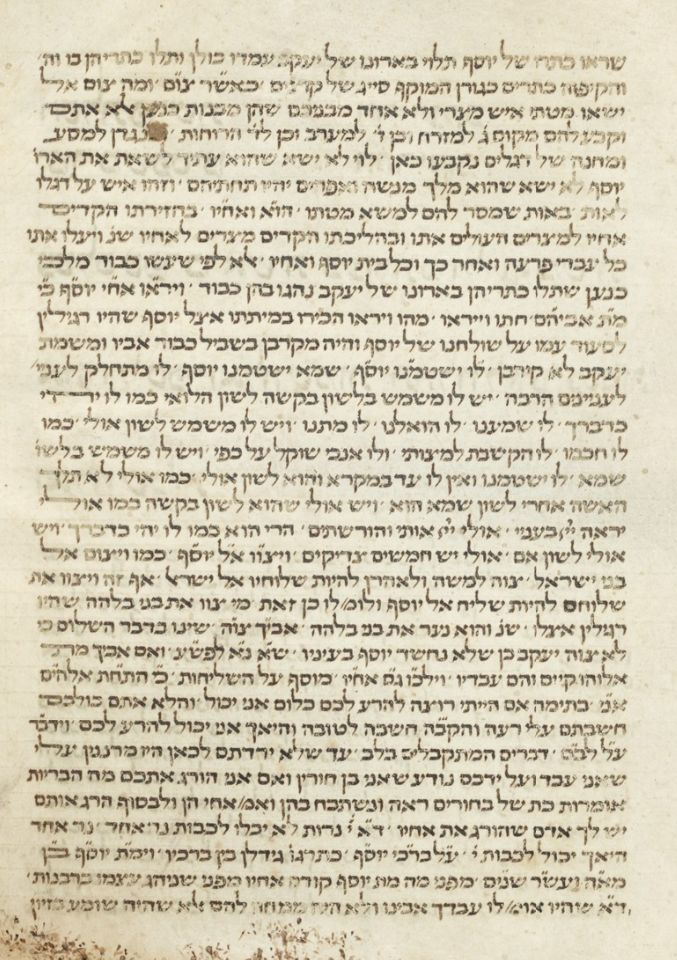It is fairly common to find the abbreviation ודו"ק at the end of a complex explanation of a Torah thought (Maharsha, for example, famously does this very often). Roughly, it means: "I didn't explain every detail, but think about it for awhile and you'll see that everything falls into place."
What is the full expression that is being abbreviated here? The only thing I could find was ודרוש וחקור קרוב, which I can pretty confidently say is not what everybody has in mind when they use this expression. Another option I thought of is that it is not an abbreviation, but rather, the two lines are meant for emphasis, and the word is simply telling the reader to be מדקדק carefully.
Anyone have more information about this?

